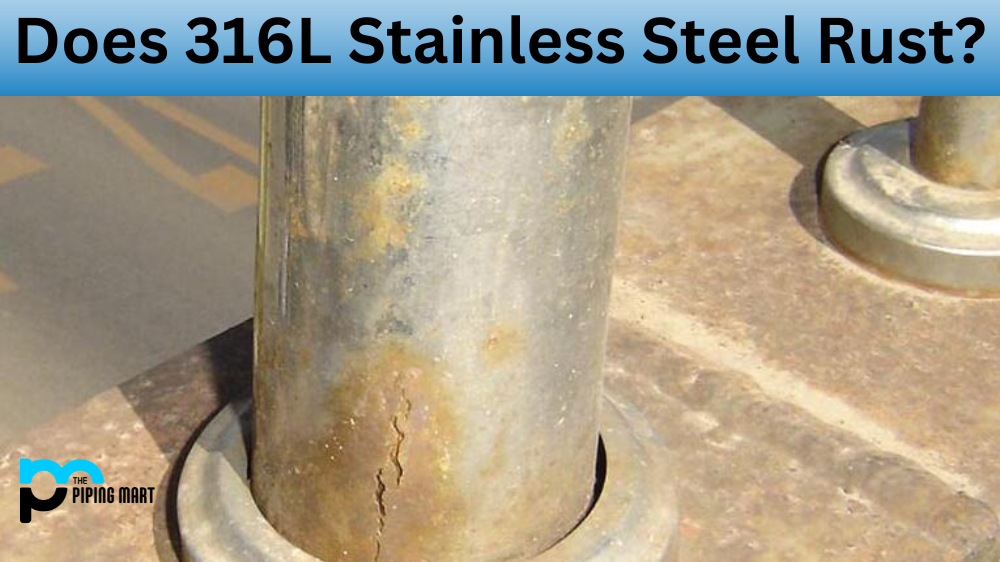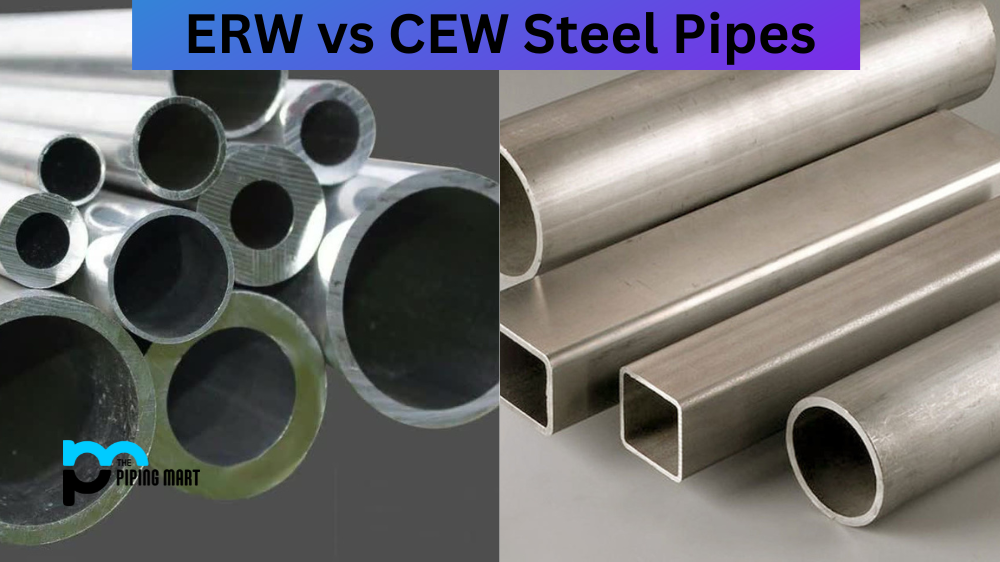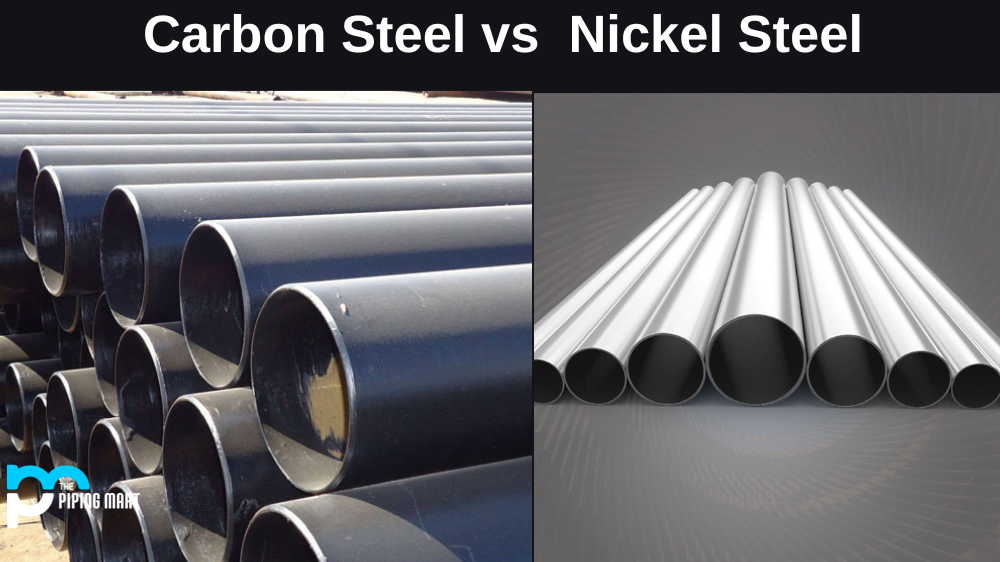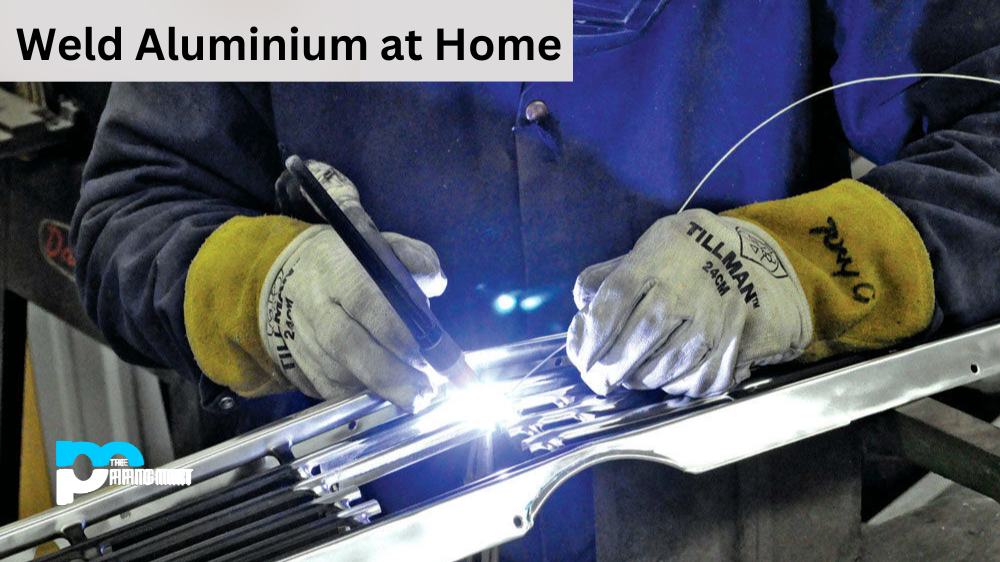Many people have heard of stainless steel, but few know the specifics about different types of steel. A common misconception is that all stainless steel is rust-proof, but this isn’t true. It’s important to understand the differences between the various types of stainless steel to determine whether it will corrode. One type of stainless steel is 316L, so let’s consider whether it can rust.
What Is 316L Stainless Steel?
316L stainless steel is an alloy composed mainly of iron, chromium, and nickel. It also contains small amounts of molybdenum and manganese, which help increase its corrosion resistance. This type of stainless steel has a lower carbon content than other grades, making it ideal for applications where weldability is a priority. It also has powerful corrosion-resistant properties due to its low carbon content and high levels of chromium and nickel.
Does 316L Stainless Steel Rust?
In general, yes—stainless steel can rust under certain conditions. The most common cause is prolonged exposure to water or moisture—especially salty water or acidic solutions (like vinegar). However, 316L stainless steel contains so much chromium and nickel it’s highly resistant to rusting compared to other metals like aluminum or iron. Some experts believe that even after extended periods in extreme environments, 316L stainless steel maintains its integrity better than most other types of metal. In general, corrosion occurs when water interacts with metals and creates an electrochemical reaction that breaks down the base material over time. So, when you are considering whether or not 316L stainless steel will rust, you need to consider how likely this material will be exposed to water or moisture that could cause corrosion.
Fortunately, 316L stainless steel has excellent corrosion resistance thanks to its low carbon content and high levels of chromium and nickel added during the manufacturing process. In fact, many manufacturers offer a lifetime warranty against corrosion on their products made from this alloy because they know that it won’t corrode over time! Additionally, because this type of stainless steel has good weldability and formability properties, it’s often used in applications where corrosion resistance is critical—like food processing equipment or medical implants where contact with water or other liquids can lead to corrosion over time.
Conclusion:
As we’ve seen from our discussion today, while all metals are susceptible to corrosion under certain conditions, 316L stainless steel offers superior protection against rusting compared with other metals like aluminum or iron. This makes it ideal for use in applications where weldability and corrosion resistance are key factors—such as medical equipment and food processing machinery. With regular maintenance and care, you can expect your 316L stainless steel products to last for many years with minimal signs of wear and tear due to corrosion or rusting!
Rachana is a dedicated and ambitious young woman who has made a name for herself in the metal industry. From her earliest days in the industry, Rachana showed a natural talent for problem-solving and a keen eye for detail. In her free time, She enjoys reading up on the latest advancements in the industry, as well as exploring new ways to innovate and improve upon existing processes.




